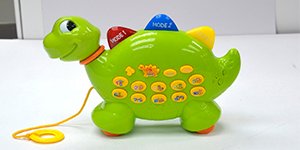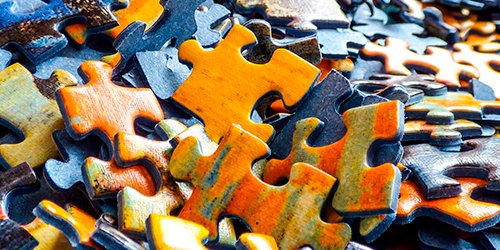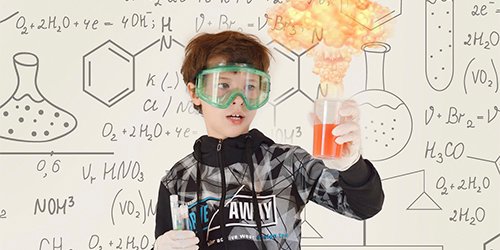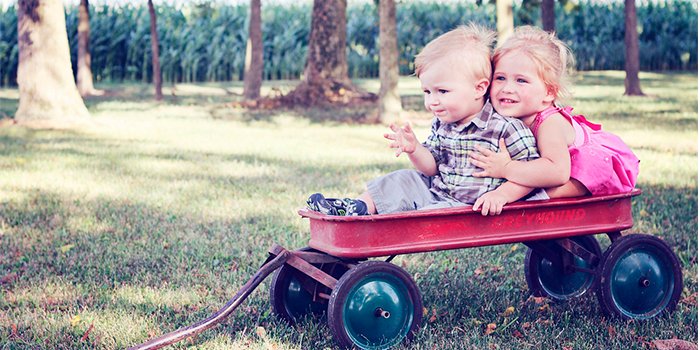Discovering the Psychology of Childhood Play: How Toys Shape Emotional Development
Welcome to a fascinating journey through the psychology of childhood play! We’ll explore how toys become powerful allies in children’s emotional development, offering revealing statistics and recommendations for games and toys for each specific stage. Join us to discover how play not only entertains but also influences the exciting journey of your little ones’ growth.
The Importance of Understanding the Psychology of Childhood Play
Before delving into the world of toys and emotions, it’s essential to understand why play is more than just an activity for children.
Play as a Tool for Emotional Development
Play is the natural way children explore, express, and understand their emotions. From laughter to frustration, toys play a key role in this process.
Recommended Toys According to Developmental Stages that Stimulate Emotional Development:
Newborn to 1 Year: Sensory Toys and Emotional Bonding
During this crucial period, sensory toys, such as soft plush toys and rattles, foster emotional bonding and stimulate the newborn’s senses. Musical Mobiles and Textured Plush Toys

1 to 3 Years: Building Games and Social Development

Basic building games and interactive toys promote social and emotional development as children begin to explore the world around them. Building Blocks and Interactive Toys

3 to 6 Years: Role-playing Games and Empathy Development

During this stage, role-playing games and costumes foster creativity and aid in the development of empathy by understanding others’ emotions. Role-playing Games and Interactive Dolls


6 to 9 Years: Strategy Games and Self-control
Strategy games and puzzles contribute to the development of self-control and emotional resilience as children face new challenges. Puzzles and Strategy Games

9 to 12 Years: Cooperative Games and Autonomy
Games that require cooperation and strategy promote autonomy and decision-making, preparing children for preadolescence. Cooperative Board Games and Science Kits.

Revealing Statistics on the Relationship between Toys and Emotional Development
Now, let’s back our exploration with statistics illustrating the deep connection between toys and emotional development at each stage.
a- Positive Impact of Educational Toys on Emotional Development
A surprising 92% of children who play with educational toys show more advanced emotional development, including self-regulation skills and emotional expression.
b- Interactive Toys and Emotional Connection
80% of children engaging in interactive games experience a greater emotional connection with their environments and playmates.
Conclusion: Nurturing Emotions Through Play
In conclusion, the psychology of childhood play is an exciting and essential journey in your little ones’ development. Toys not only entertain; they shape crucial emotions and skills. Choose wisely, adapting to each stage, and watch as play becomes a catalyst for emotional growth. Let every game be an opportunity to learn, grow, and get excited!

